Harvey Weinstein verdict: The word that exposes problem
It’s one little word, but it allowed Harvey Weinstein and others like him to get away with countless horrific abuses - until now.

COMMENT
The Weinstein trial ended on Monday, and with it went Harvey Weinstein’s freedom, for a maximum of 29 years.
The convicted rapist and former film mogul was led away from a New York courtroom in a very different way to the way in which he entered: a) walking perfectly upright instead of using the walking frame he clutched on arrival and b) with two serious convictions under his belt: rape in the third degree, based on testimony from aspiring actor Jessica Mann who was forced to have sex with Weinstein in a hotel in 2013, and committing a criminal sexual act in the first degree, stemming from the account of former Project Runway assistant Miriam Haley who described how Weinstein subjected her to forcible oral sex in his apartment in 2006.
He was acquitted of three additional charges: two counts of predatory sexual assault and one count of first degree rape.
RELATED: How Harvey Weinstein’s conviction affects ex-wife and young daughters
RELATED: Harvey Weinstein in hospital: ‘Disbelief’ over convictions
RELATED: Prison guards determined to avoid another ‘Epstein incident’
For the most part the reaction to the Weinstein verdict was one of fierce relief that justice was served. This man was, after all, the posterghoul for the Me Too movement, a dangerously powerful bully who had used his status to force women into acquiescing to his sexual demands – sometimes using coercion, sometimes using brute strength – for decades.
Since this story was first told by New York Times reporters Megan Twohey and Jodi Kantor in 2017, and even before the story came out, more than 100 women have accused Weinstein of various non-consensual acts. Not all of his victims could or would testify at this week’s trial. The ones who did were compelling.
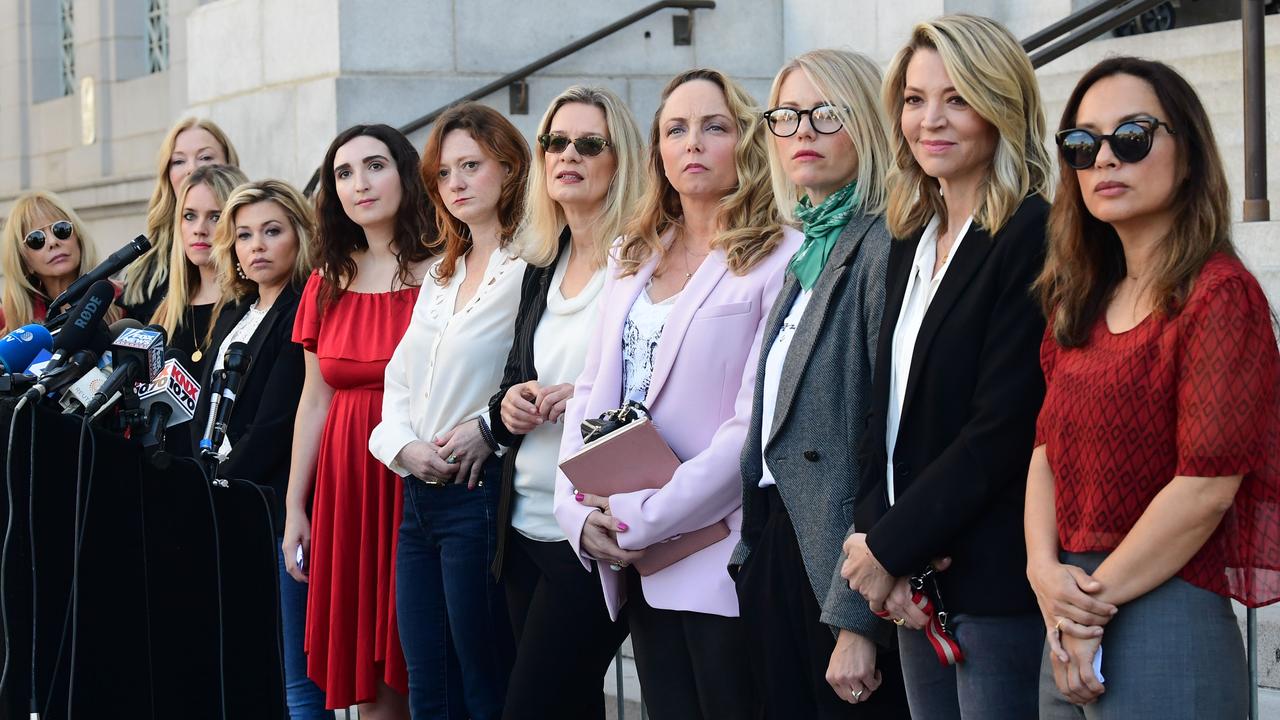

Not, however, to everyone.
It’s exactly because these women were connected to Weinstein on a professional level, that there remains, for some observers, a haziness over the validity of the women’s now-proven allegations.
They chose to go to his hotel room. They stayed in contact with him after the alleged attacks. It’s as clear as Weinstein’s walker is fake – they were hungry for money and power and then cried about it afterwards.
“They wanted to be somebody in the film industry,” was a typical online comment.
“They could have walked away from him but instead they wanted Hollywood roles. So they did anything for him.”
“I’d understand if he raped or forced them but he didn’t!” insisted someone else.
“He obviously touched them and had sex in exchange for something – and that thing is called money!”
“Shame they took years and years to say anything instead of standing up for themselves then and there,” was another remark.
If only every sexual assault case were as black and white as the internet would like it to be. If only we could confine our rapes to strangers in dark alleys who leave helpful DNA evidence and choose victims who have no complicating ties to their attacker and will report what happened to them immediately, with clarity and conviction. We could wrap every case up in a matter of weeks, lock away the bad guys and the world would be a happier and safer place.
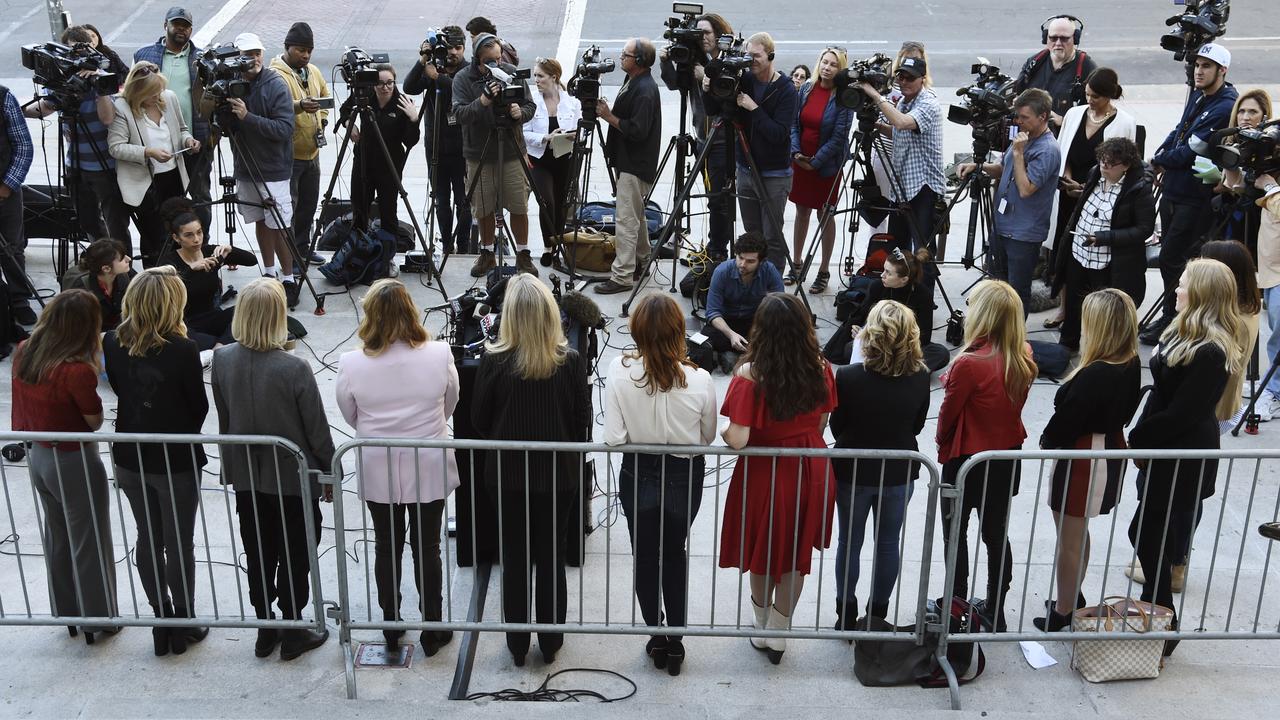
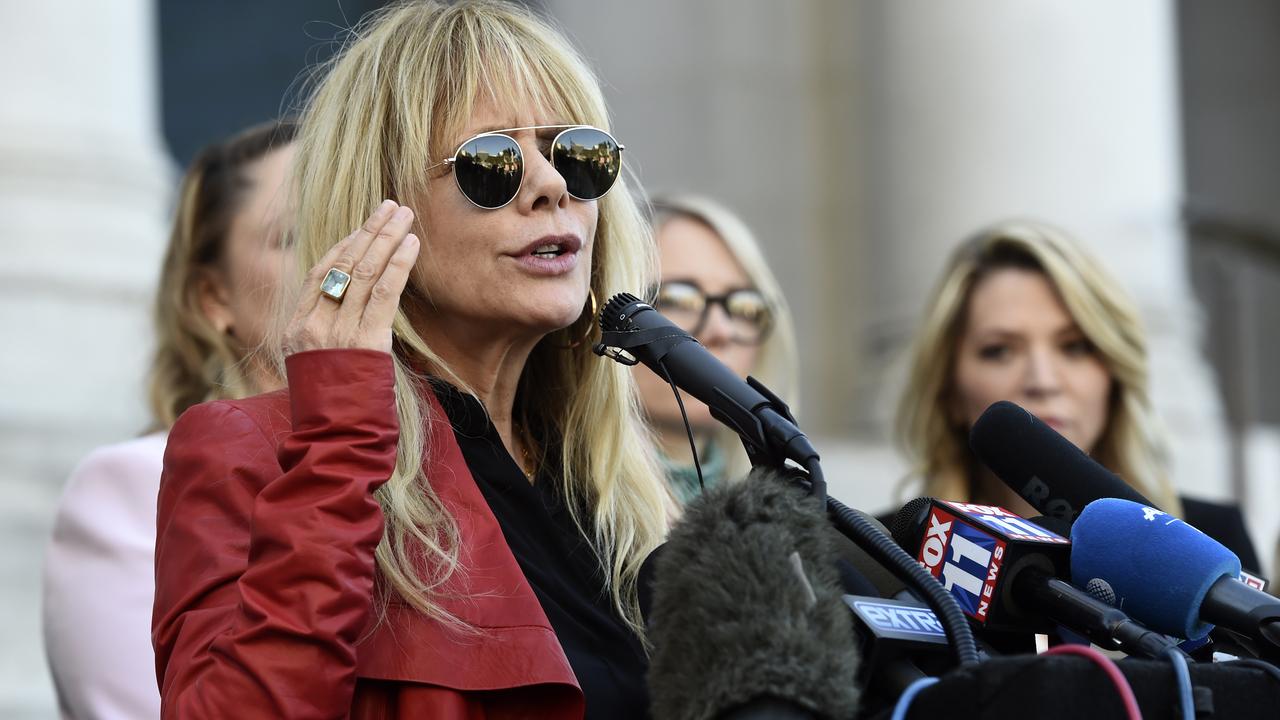
The world is not this happy or a safe place for so many women. The world is messy. And cases like Weinstein’s can be summarised by the words of one of his victims, one who was accused by Weinstein’s defence lawyer of carrying on what appeared to be a friendly email relationship with Weinstein after he attacked her:
“I know it’s complicated and difficult,” Jessica Mann told the courtroom.
“But it doesn’t change the fact that he raped me.”
The fact is that nearly nine out of ten sexual assaults are committed by a person known to the victim.
And that, in itself, means many sexual assaults can be described with one word: complicated.
If you’ve ever found yourself at the mercy of someone more powerful than you are – a boss, a relative or a partner – and that someone controls something valuable to you – your livelihood, your children or your future – you know what it is to play a ghastly game of ‘choose your own (terrible) adventure’ with that powerful person, knowing they could destroy you in so many different ways.
Your mind does somersaults as you flail around for the right way to hold them at arm’s length, to fumble around for the path of least resistance and the path that minimises fallout.
If I say no he could get me fired from my job.
If I say yes I could be forced to do something I don’t want to do.
Maybe I’ll just go to dinner but stop things before they go too far.
Maybe I’m reading things the wrong way and I’ll insult him if I say something.
Maybe I’m reading things the right way but it’s too late to say anything now.
Maybe I should flatter him in an email so he’ll forgive me for screaming when he hurt me.
This confusion is exactly what was and is at the very heart of the Me Too movement, exactly what made so many women stand up and say ‘Me too!’ when details of Weinstein’s attacks were revealed.
Because some version of Harvey Weinstein has happened to so many of us.
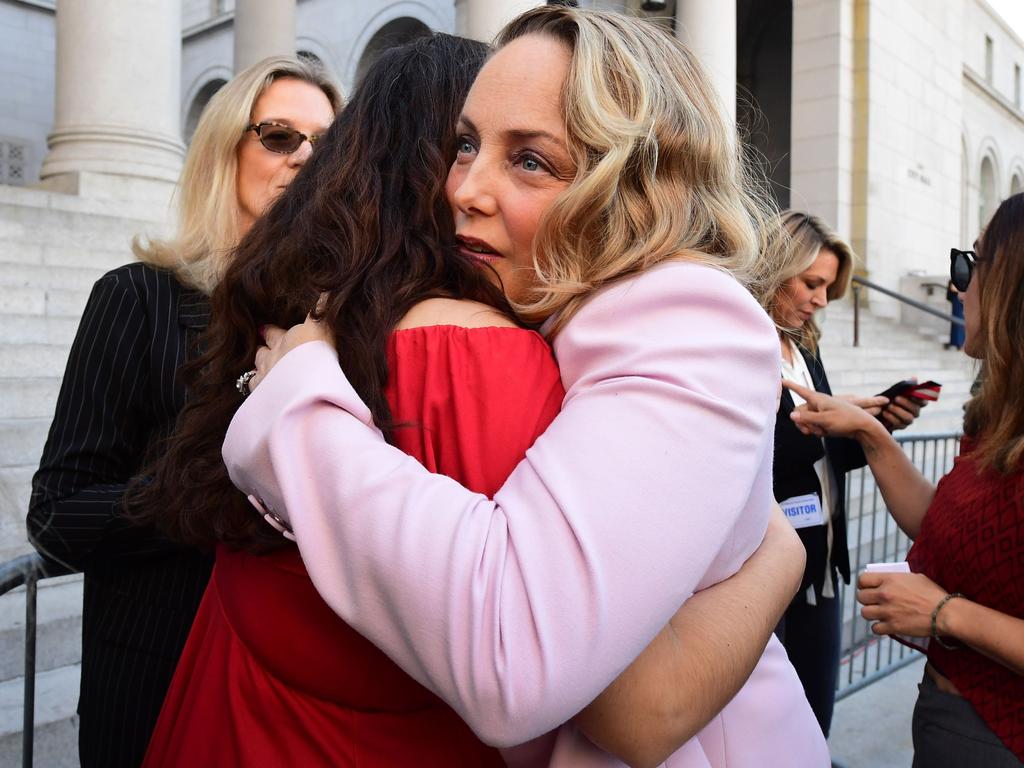
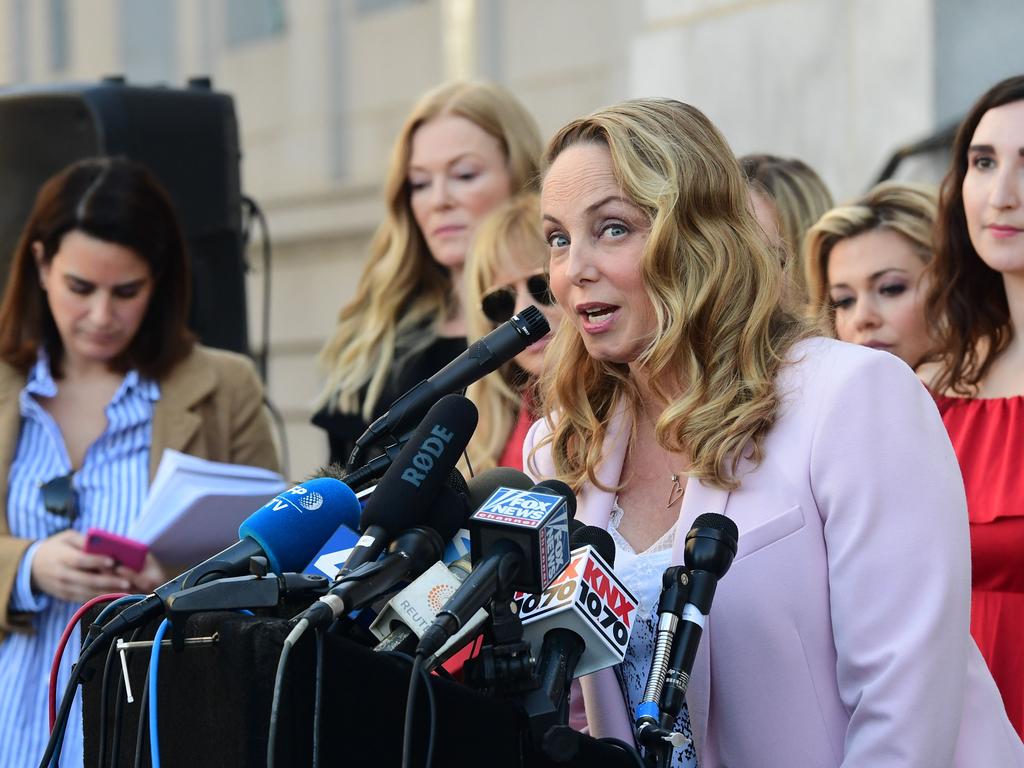
Workplace sexual assault or harassment is not just about the physical wrongness of forcing sexual acts on a victim. It’s about people in power wielding sex as a weapon and using it to exert a terrible, debilitating control over all aspects of a comparatively powerless person’s life.
It’s about perpetrators taking advantage of the exact grey area that seems so clear after the fact, but is so muddy and mixed and menacing when you’re caught in its fog at the time.
And this is why the Weinstein verdict is so important.
Sexual assault can be extremely complicated for the victim.
Mercifully, the jury recognised that Weinstein’s guilt, like so many men who commit some version of his crimes, was crystal clear.
Alex Carlton is a freelance writer | @Alex_Carlton



